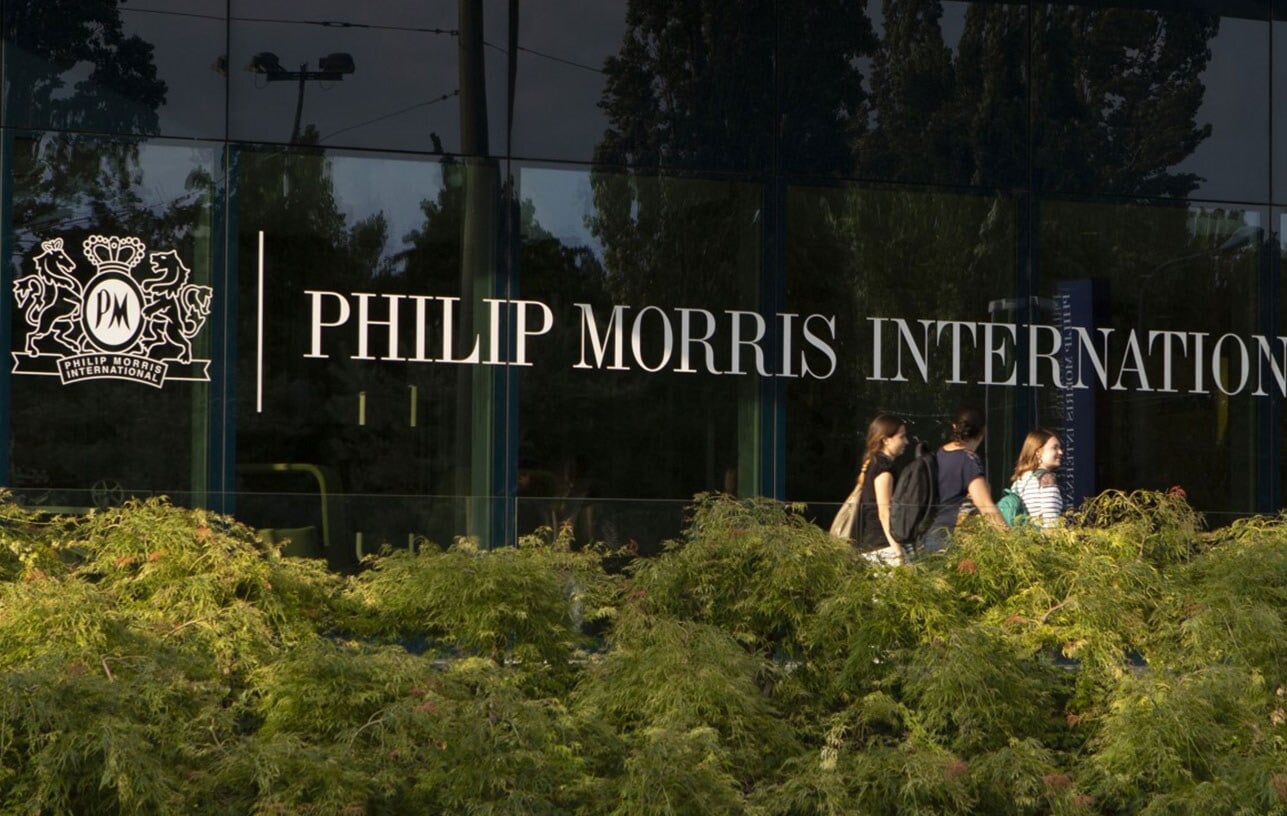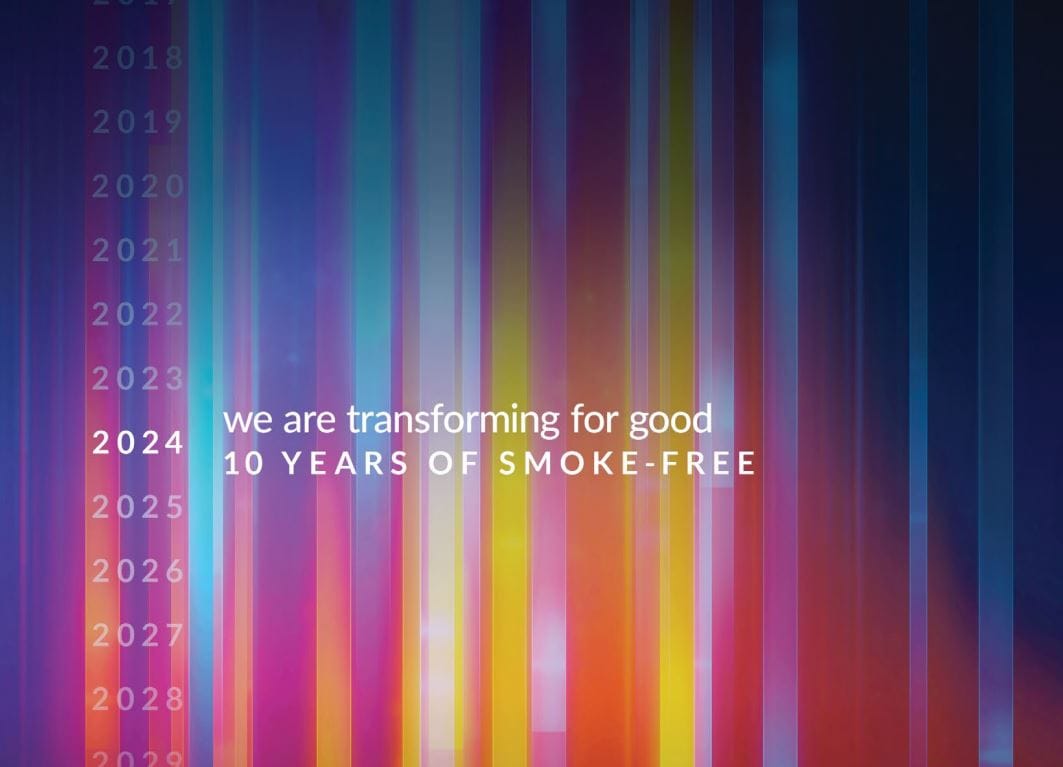Philip Morris International Inc. (PMI) has announced a financing framework which integrates the company’s smoke-free transformation into its financing strategy.
“To strengthen our commitment and further highlight to stakeholders the seriousness of our smoke-free ambitions, we wish to link our most material sustainability priorities to our financing,” said Emmanuel Babeau, Chief Financial Officer.
The Business Transformation-Linked Financing Framework includes guidelines the company will follow when issuing business transformation-linked financing instruments in the debt capital and loan markets. This may include public notes offerings, private placements, loans, and other relevant financing instruments.
“The transformation of our company is intrinsically linked to our sustainability and corporate strategy,” added Jennifer Motles, PMI’s Chief Sustainability Officer.
“As our most material issue comes from the impacts created by the products we sell, only a radical transformation can successfully contribute to PMI becoming a more sustainable company. We are therefore very pleased to publish our Business Transformation-Linked Financing Framework, which serves as a further step in achieving our purpose.”
Measuring PMI’s business transformation
The Framework directly links to two of PMI’s most ambitious and strategic Business Transformation Metrics:
- The percentage of total net revenue from PMI’s smoke-free products.
- The number of markets where PMI smoke-free products are available for sale.
These key performance indicators (KPIs) relate to PMI’s transformation measures and respond to the focus of its sustainability strategy and the company’s most material topic: addressing the health impact of its products.
The two KPIs serve as an integral part of PMI’s broader 2025 aspirations, included in its Integrated Report 2020, and are the basis for two Sustainability Performance Targets (SPTs), with a target date of December 31, 2025:
- Increase net revenues from PMI’s smoke-free products to more than 50 percent of the total, from the 2020 baseline of 23.8 percent.
- Increase the number of markets where PMI’s smoke-free products are available for sale to 100 markets, from the 2020 baseline of 64 markets.
These ambitious SPTs reflect PMI’s determination to become a predominantly smoke-free company within the next five years. If achieved, they will indicate significantly increased access to its smoke-free products for a greater number of adult smokers across a broad range of markets.
The SPTs further demonstrate the company’s commitment to deliver on its purpose and drive the end of cigarette smoking as fast as possible, with the ultimate objective of significantly improving public health.
PMI’s business transformation
In 2016, PMI publicly articulated its ambition to deliver a smoke-free future in which cigarettes would be replaced by less-harmful, science-based alternatives. The company focused on reducing the negative impacts of its products on the health of its consumers. This remains the core of PMI’s strategy.
To make its progress both measurable and verifiable, PMI developed a set of bespoke KPIs, its Business Transformation Metrics, which it reports on periodically to allow its stakeholders to assess both the pace and scale of its transformation.
PMI’s Business Transformation Metrics were defined via a thorough sustainability materiality analysis conducted with an independent third party. The materiality assessment outlines environmental, social, and governance topics that were likely to be relevant to PMI due to its value chain.
The topics were generated from PMI’s own documentation, as well as analyses of public health debates, investor requirements, media reports, sustainability standards, and frameworks such as the Global Reporting Initiative (GRI) and the United Nations’ Sustainable Development Goals (SDGs).
Stakeholder engagement is also a key component to the materiality assessment, as it provides insight from stakeholders about what sustainability issues they consider top priorities. In 2019, these topics were revised and refined to enhance clarity and reflect stakeholders’ evolving expectations.
The Business Transformation Metrics show how the company is allocating resources away from its traditional cigarette business, aiming to base its success on a future where it no longer makes or sells cigarettes.
Strengthening the commitment to end smoking
PMI’s financing framework is aligned with the five core components of the Sustainability-Linked Bond Principles published by the International Capital Market Association (ICMA) in June 2020. It also takes into account the Sustainability Linked Loan Principles, published by the Loan Market Association (LMA) in May 2021.
The Framework was validated by S&P Global Ratings, which provided a second party opinion (SPO). The SPO recognized the chosen KPIs, and related the SPTs as material, measurable, ambitious, regularly reported, and externally verified—in line with both the ICMA and LMA principles.
PMI believes that integrating its smoke-free transformation into its funding strategy will serve as further proof to those who remain skeptical of its mission. It welcomes constructive dialogue and partnerships to help accelerate the end of smoking.
Read more on PMI's transformation
PMI announces ambition to become a more than two-thirds majority smoke-free company by 2030
4 min readAt our 2023 Investor Day, PMI’s leaders outlined the company’s forward-focused business strategies and ambitions, aimed at building on our smoke-free success to date and accelerating the end of cigarettes.




